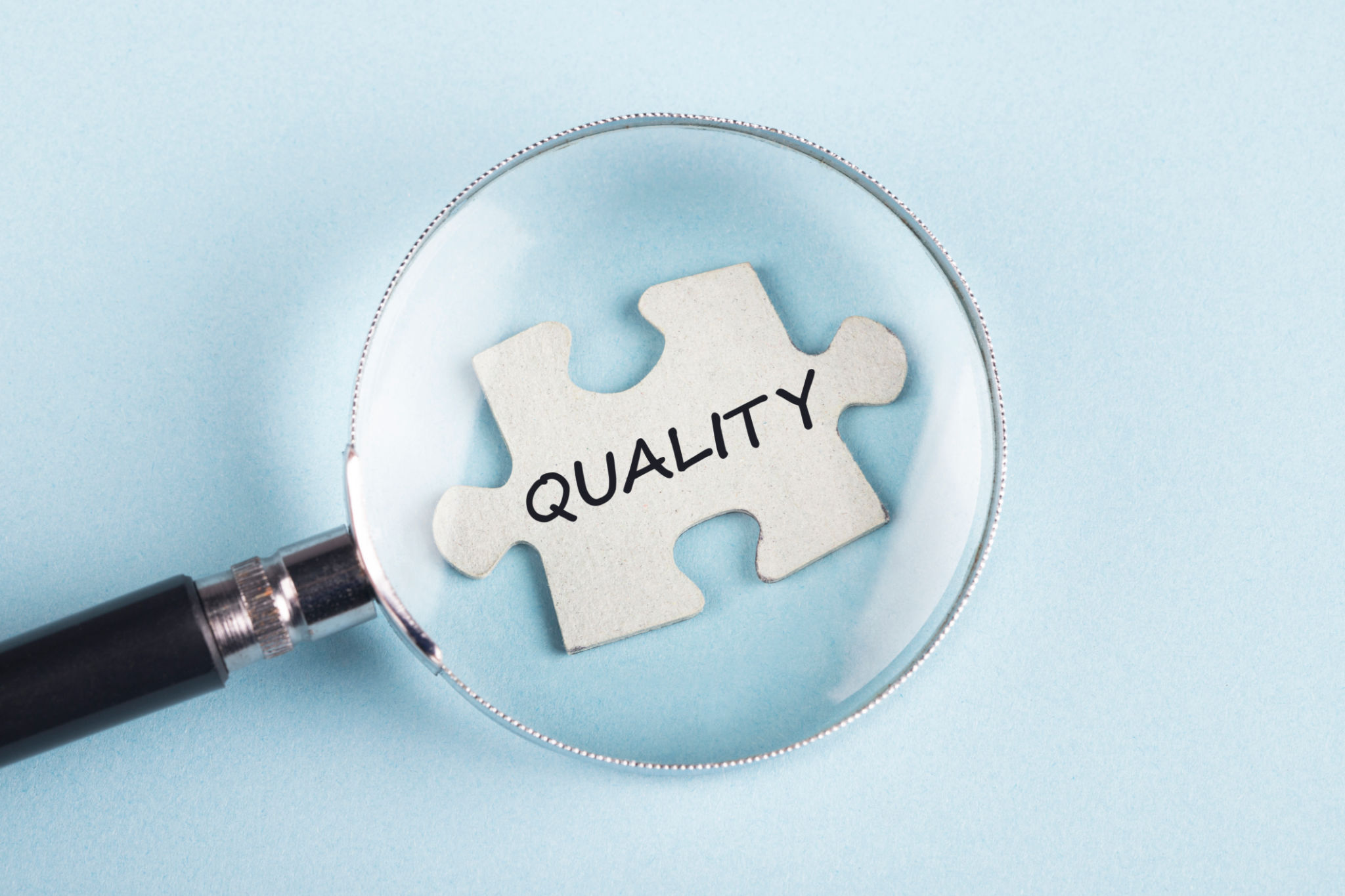How to Achieve Unmatched Client Satisfaction: Expert Advice from US Managers
Understanding Client Needs
Achieving unmatched client satisfaction begins with a deep understanding of your client's needs and expectations. US managers emphasize the importance of actively listening and engaging in open communication with clients. By fostering a collaborative relationship, managers can identify specific goals and tailor solutions that align with the client's vision. This approach not only builds trust but also ensures that the services delivered are precisely what the client desires.
Moreover, conducting regular feedback sessions can provide valuable insights into client satisfaction levels. These sessions allow managers to make necessary adjustments and demonstrate a genuine commitment to meeting client expectations. Proactive communication and ongoing dialogue are key to maintaining a strong client relationship.

Setting Clear Expectations
Another critical aspect of achieving client satisfaction is setting clear and realistic expectations from the outset. This involves defining the scope of work, timelines, and deliverables in a transparent manner. By establishing these parameters early on, managers can prevent misunderstandings and ensure both parties are aligned on the project's goals.
Effective expectation management also involves being upfront about potential challenges or limitations. Clients appreciate honesty and transparency, which helps in building long-term relationships based on trust. It's always better to under-promise and over-deliver than the other way around.

Delivering Consistent Quality
Consistency in quality is crucial for maintaining client satisfaction. US managers stress the importance of delivering high-quality work consistently across all projects. This requires rigorous quality control processes and a commitment to excellence in every aspect of service delivery.
Managers can achieve this by implementing standardized procedures and ensuring all team members are well-trained and aligned with the company's quality standards. Regularly reviewing processes and seeking continuous improvement opportunities can further enhance service quality, leading to higher client satisfaction.

Building a Responsive Team
Having a responsive team is essential for achieving unmatched client satisfaction. Clients value prompt responses to their inquiries or concerns, and having a team that prioritizes quick communication can make a significant difference. US managers emphasize the need for a team that is not only skilled but also agile in addressing client needs.
Encouraging a culture of responsiveness within the team can be achieved through regular training and clear communication channels. Empowering team members to make decisions and solve problems efficiently will result in faster resolutions and happier clients.
Leveraging Technology
In today's digital age, leveraging technology is indispensable for enhancing client satisfaction. Many US managers have adopted various customer relationship management (CRM) tools to streamline processes and facilitate better client interactions. These tools help in tracking client engagements, managing communications, and providing personalized experiences.
Additionally, utilizing data analytics can offer valuable insights into client preferences and behavior, allowing managers to tailor their strategies accordingly. By embracing technology, businesses can deliver more efficient and personalized services that meet the evolving demands of their clients.

Fostering Long-term Relationships
Finally, achieving unmatched client satisfaction is not just about meeting immediate needs but also about fostering long-term relationships. US managers suggest adopting a client-centric approach that focuses on building loyalty and trust over time. This involves going beyond transactional interactions and creating meaningful connections with clients.
Offering post-project support, celebrating milestones together, and showing genuine appreciation for their business can strengthen these relationships. By prioritizing long-term partnerships, managers can ensure sustained satisfaction and secure repeat business from their clients.

